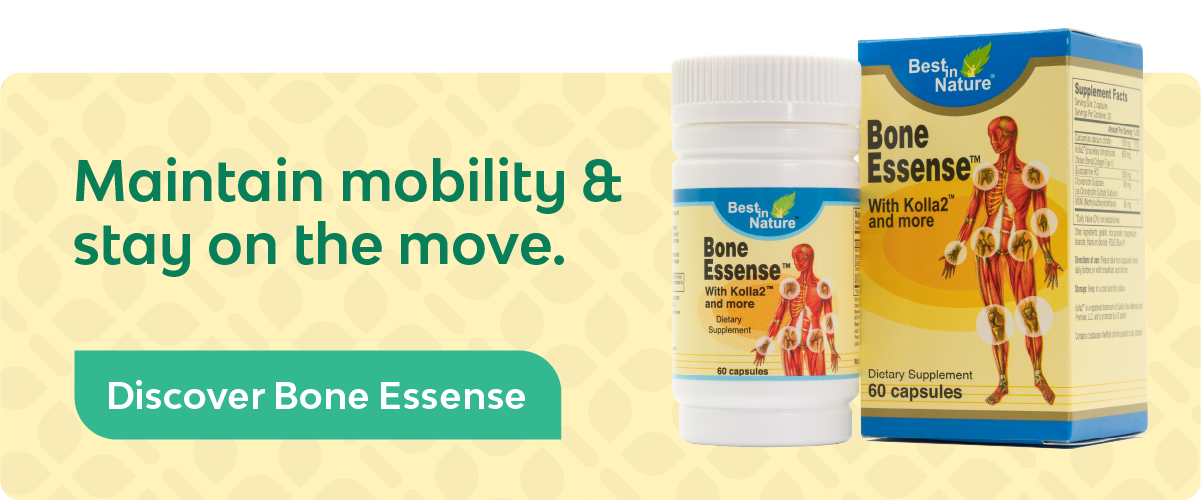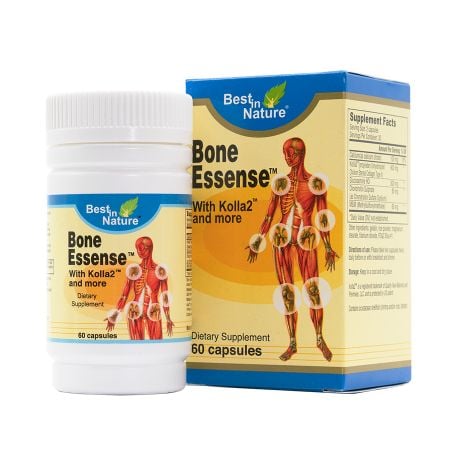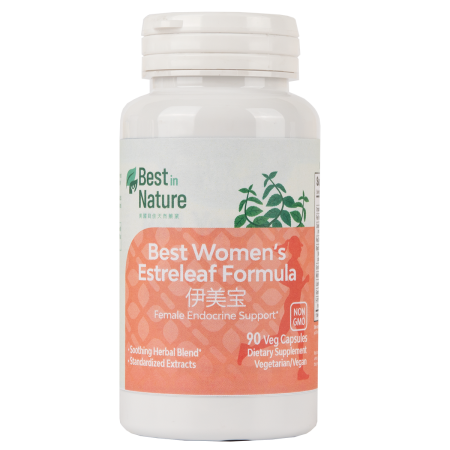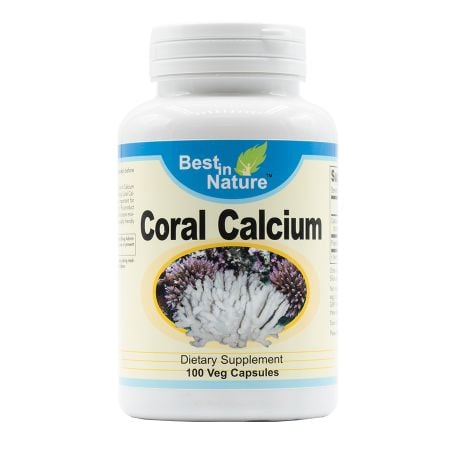
Reviewed and Updated: December 12th, 2024
As you move into the post-menopausal stage of life, your body goes through several changes, and one area that deserves special attention is your bone and joint health. Post-menopause, which occurs after you’ve gone 12 consecutive months without a menstrual period, often brings a decline in estrogen levels. This hormonal shift can lead to weaker bones and joints, increasing the risk of conditions like osteoporosis and joint pain. But don’t worry—there are ways to strengthen and support your body during this time. One promising option is Type II collagen, which may help maintain bone density and joint flexibility. In this article, we’ll explore what post-menopause is, how it impacts your bones, and how Type II collagen can play a key role in keeping you strong and active. Let’s dive in!
What is Post-Menopause
Post-menopause is a natural stage of life that begins when you’ve gone 12 consecutive months without having a menstrual period. This typically happens between the ages of 45 and 55, though the exact timing can vary from person to person. During this time, your body experiences a significant drop in estrogen, a hormone that plays a crucial role in maintaining many of your body’s systems, including your bone health.
As estrogen levels decline, your bones may begin to lose density more rapidly than before, which can increase the risk of osteoporosis—a condition that makes bones more fragile and prone to fractures. This is one of the most common concerns for post-menopausal women. Along with bone loss, many women also notice changes in their joints, such as stiffness or discomfort, which can make daily activities feel more challenging.
Though these changes may sound daunting, understanding what’s happening to your body can help you take the right steps to maintain your health. Let’s explore how these shifts impact your bones and joints, and what you can do to stay strong.
How Does Post-Menopause Affect Bone Health?
After menopause, your body experiences a drop in estrogen, and this change directly impacts your bone health. Estrogen plays a key role in maintaining bone density, so when its levels decrease, your bones can begin to lose strength. Over time, this bone loss increases your risk of developing osteoporosis, a condition that weakens bones and makes them more likely to fracture—even from a minor fall or bump.
While this may sound concerning, it’s important to know that maintaining strong bones post-menopause is possible. Understanding the changes your body is going through can help you take steps to protect your bone health, whether through lifestyle adjustments or supplements. Keeping your bones strong will help you stay active and reduce the risk of fractures as you age. Let’s explore how Type II collagen can support your bones and joints during this time.
What is Type II Collagen?
Type II collagen is a specific type of protein that plays a vital role in keeping your bones, joints, and cartilage healthy. It is mainly found in cartilage—the tissue that cushions your joints and allows for smooth movement. In fact, about 60% of the dry weight of cartilage is made up of collagen, and it’s responsible for giving your joints the flexibility and support they need to function properly.
In addition to supporting cartilage, collagen also makes up roughly 30% of your bone structure, contributing to bone strength and resilience. What makes Type II collagen stand out is its unique ability to support joint health, keeping your joints cushioned and mobile, which is especially important as you age.
Unlike other types of collagen, which mainly support skin and hair, Type II collagen focuses specifically on cartilage, helping to ease joint discomfort and maintain mobility—key factors in staying active and strong after menopause.
Bone Essense provides 600 mg of Kolla2 Patented Type II Collagen per serving.
How Can Type II Collagen Support Bone and Joint Health?
Type II collagen, such as Kolla2®, can be a game-changer for post-menopausal women looking to support their bone and joint health. As we’ve mentioned, Type II collagen is essential for maintaining the health of cartilage, the tissue that cushions your joints. By keeping cartilage strong and flexible, it can reduce joint stiffness and discomfort, which many women experience after menopause.
One of the key benefits of Type II collagen is its potential to reduce inflammation in your joints. Inflammation often worsens joint issues and makes it harder to stay active. By supporting joint function and helping ease inflammation, Type II collagen can improve mobility and comfort, making it easier for you to stay active and healthy as you age. Additionally, the undenatured form of type II collagen can modulate the immune response which can prevent the body from attacking its own cartilage in autoimmune conditions like rheumatoid arthritis.
Type II collagen also plays a role in promoting stronger bones. It helps preserve the cartilage around your joints, and since bones and joints work together, healthier cartilage means better support for your bones. There’s also growing evidence suggesting that Type II collagen may slow bone loss, particularly in women post-menopause. In one study, women taking collagen supplements showed improvements in joint health and a reduction in bone loss over time, which is encouraging for anyone looking to protect their bones long-term.
Other Ways to Support Post-Menopausal Bone Health
While Type II collagen can be a great support for bone and joint health, there are other simple lifestyle changes that can help you maintain strong bones after menopause. First, focus on a balanced diet rich in calcium and vitamin D. Calcium is essential for bone strength, while vitamin D helps your body absorb calcium more effectively. Foods like dairy products, leafy greens, and fortified plant-based milk are great options to include.
Exercise is also key—specifically weight-bearing activities like walking, jogging, or resistance training. These exercises help keep your bones dense by promoting bone formation and remodeling, thus reducing the risk of osteoporosis. Additionally, it’s a good idea to limit smoking and alcohol consumption, as both can weaken bone structure over time. In addition, spending 10-20 minutes under natural sunlight is an effective way to boost vitamin D levels in the body, which is crucial for calcium absorption in the bones.
Bottom Line
As you navigate post-menopause, it’s important to understand how this stage of life impacts your bone and joint health. With the natural decline in estrogen, maintaining strong bones becomes more challenging, but there are steps you can take to support your body. Type II collagen offers valuable benefits by helping to strengthen bones and reduce joint discomfort. Paired with other healthy habits—like eating a balanced diet, staying active, and avoiding harmful habits like smoking—you can give your bones the care they need. Start incorporating these changes today for stronger, healthier bones post-menopause.
* This article is for informational purposes only and doesn’t constitute medical advice. For immediate health concerns, please consult your physician.
These statements have not been evaluated by the Food and Drug Administration. Products are not intended to diagnose, treat, cure or prevent disease.
© 2024 Best in Nature All rights reserved










Validate your login
Sign In
Create New Account